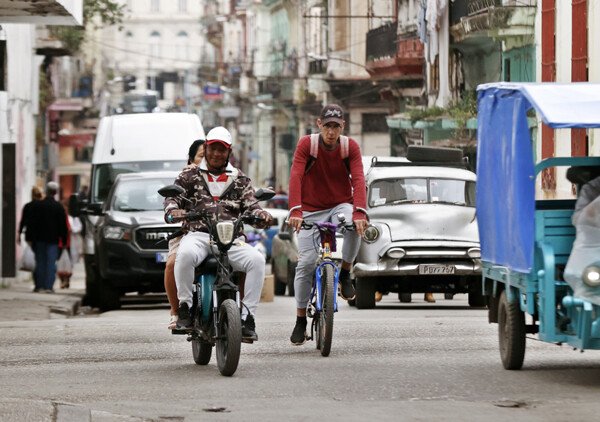More than 10 million inhabitants of Cuba are facing another national blackout that has lasted more than twelve hours due to a failure at a substation. This is the fourth blackout in different parts of the island in the last six months. The Electric Union of Cuba has reported that they are synchronizing generation units to strengthen the microsystems created in several provinces of the country that are providing minimal service.
The national electric system is experiencing difficulties in meeting demand, with only 110 megawatts of the more than 3,200 needed at peak consumption times. Despite efforts to restore electricity, the situation remains critical, and the majority of the population continues without electrical supply.
Amid this crisis, the Cuban government points to U.S. sanctions as one of the factors that have contributed to the precarious situation of the electric system. According to independent estimates, between 8 billion and 10 billion dollars would be needed to revitalize the electric grid, an investment far beyond the current capabilities of the country.
The lack of investment in the energy sector, which has been state-controlled since the 1959 revolution, has led to obsolete infrastructure and chronic fuel shortages. This results in recurrent blackouts that affect not only the economy but also the quality of life of Cuban citizens.
The situation has generated profound social unrest and has been the trigger for protests in recent years. Despite efforts to restore electricity service, uncertainty persists and it is expected that the energy crisis in Cuba will continue in the short term.













